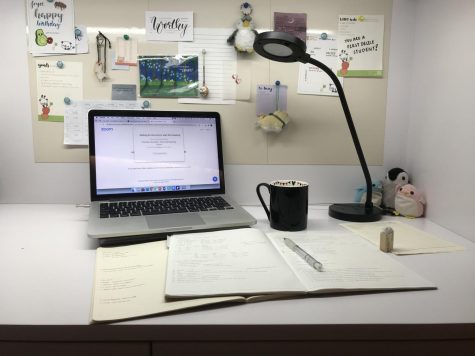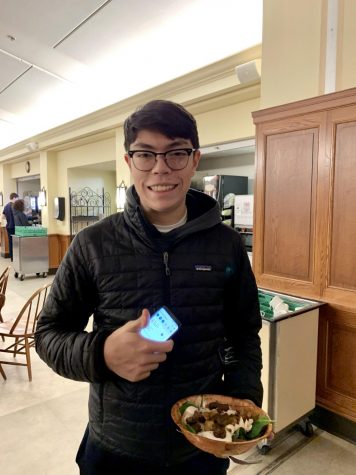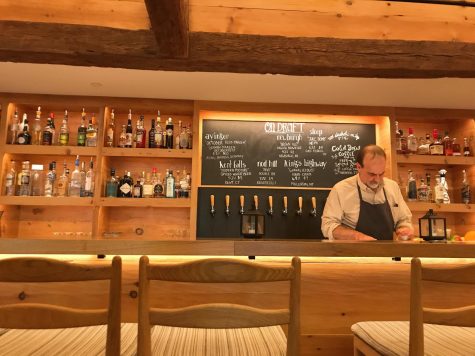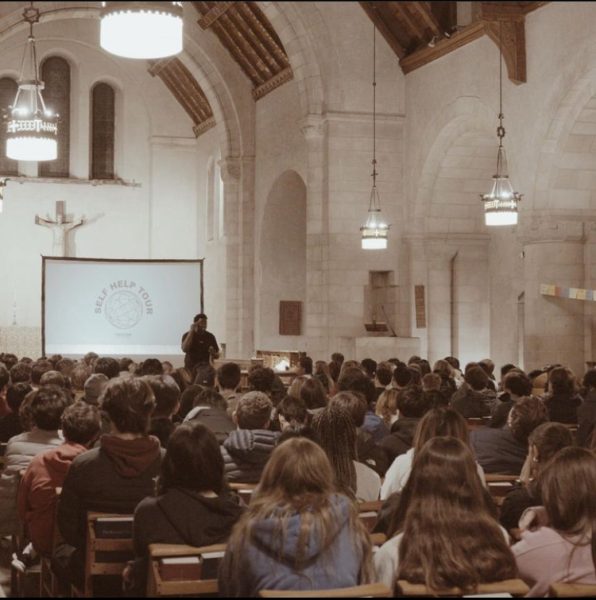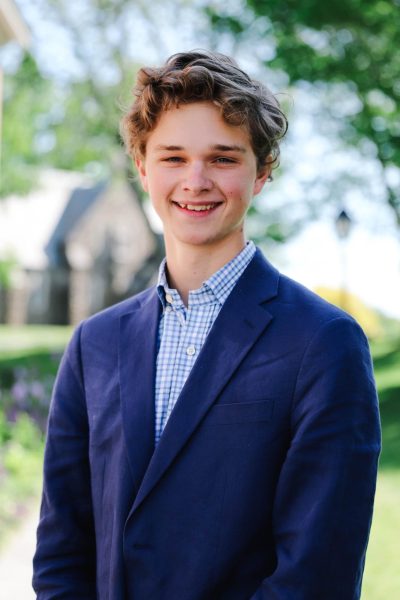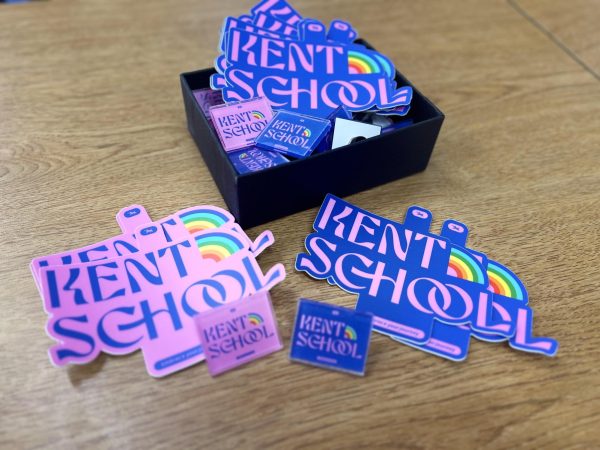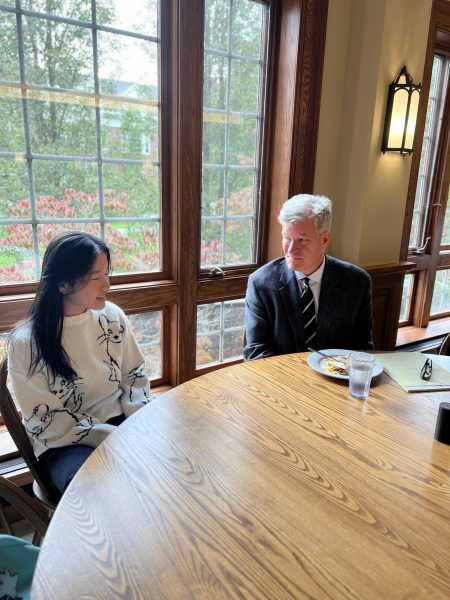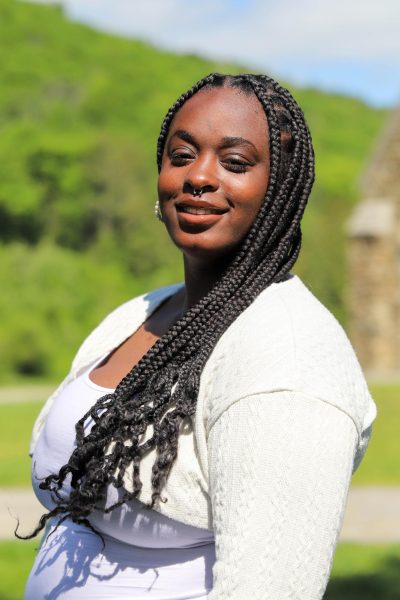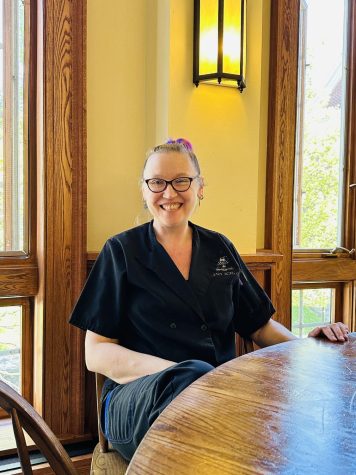Peer Counseling Program Thrives
April 26, 2018
According to the Director of Wellness Dr. Greene, the Peer Counseling program “tries to educate students … to help [students] one-on-one as those problems come up.” Dr. Greene inherited the program ten years ago and has been coaching and guiding counselors to help their peers ever since. He was inspired to by how much he liked the dialogue with students it opened – listening to their problems and “trying to help them, at a practical level.”
There is a rigid application process, says Greene, before you can become a Peer Counselor: “You fill out an application; You get a teacher or a coach to recommend you; you have to turn your application in; then a five-minute interview.” After the interview, Dr. Greene turns in a list of his choices to the deans. The deans then prune the list before sending it off to Father Schell for approval. Last but not least, students spend three Sundays, four hours each, working out various scenarios that “past counselors have had to navigate.”
When asked about problems with the program, Dr. Greene mentioned there were “very few young men and a lot of young women.” Dr. Greene understands that there are usually schedule conflicts on Sundays with athletics and how young men sometimes “talk less about how [they] feel.” And, as the program has grown, it has been hard to keep in touch with each counsellor.
Lily Armstrong ’18 is a peer counselor at Kent School. To her, peer counseling is “similar to therapy.” She is a passionate peer counselor, and says she is driven by her belief that “fostering a strong sense of community is critical to a healthy life and a safe, happy community.”
Another peer counselor is Nguyen (Tyson) Phan ’19. Though he may not be “particularly strong in one area,” Phan is flexible and does everything he can to help students with their problems. He hopes that he can help students be more sympathetic and understanding of their peers. According to Phan, he has had a few serious conversations with students by a teacher’s request, but is normally simply approached by friends and peers.
Dr. Greene closed by saying that “because [students] do so much, they are so stressed, and that’s why they make bad decisions, which is what the Peer Counseling program is for.”


